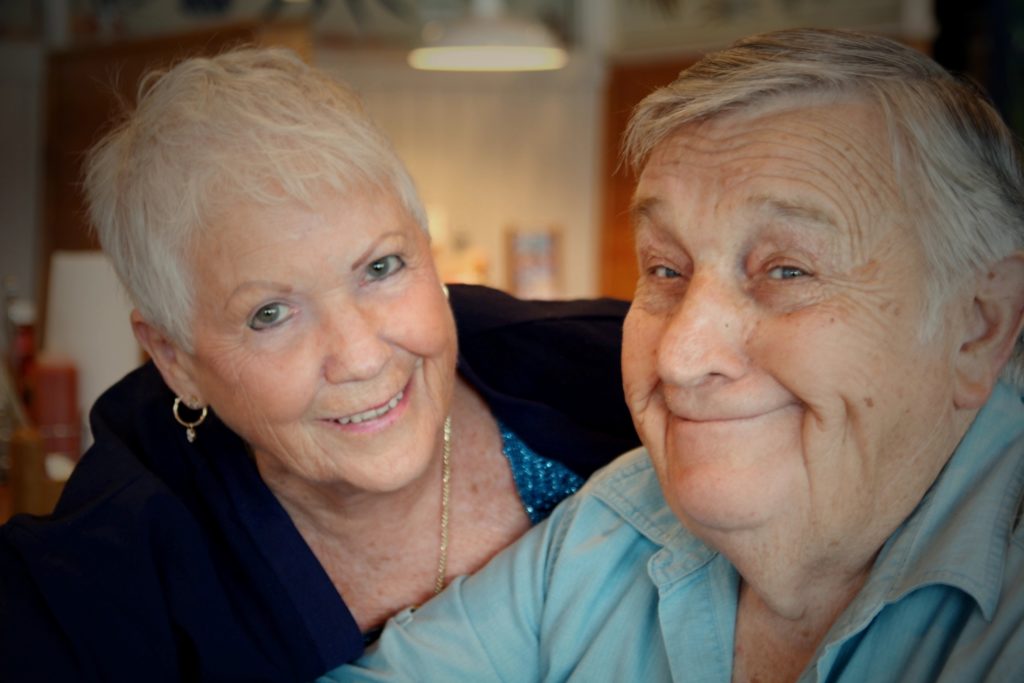Quick Hits
Daily brief research updates from the cognitive sciences

The good ‘ole days, eh! There is some evidence to suggest that we always view the past though rose-tinted glasses – feeling that the past was somehow better than the present. However, research just out has shown that that doesn’t seem to be the case.
Research by Alberto Prati, Claudia Senik for the Association of Psychological Science has shown that current feelings impact our view of the past. To do this they have assessed data from different longitudinal studies into how happy people feel over time. These include a German study over 10 years of 11’000+ participants, a British study over 12 years of 20’000+ participants, a French study of over 18’000 participants, and about 4’000 results from the USA over a period of 35 years.
What did they find?
What they found is that there seem to be some mix up between current ratings and change in happiness over time. This in contrast to the past is better hypotheses. This showed that those who felt happy now rate their past happiness as lower than it actually was. It seems that feeling happy now suggests an improvement or a contrast to the past and so the past must have been less good.
In contrast the opposite happened with those with current lower happiness – they rated their past happiness as higher than it actually was.
This shows that our past memories are influenced by our current states. Prati and Senik plan to further research how memories impact current life decisions – that will be interesting to see. I also wonder how this influences political climate!

Andy Habermacher
Andy is author of leading brains Review, Neuroleadership, and multiple other books. He has been intensively involved in writing and research into neuroleadership and is considered one of Europe’s leading experts. He is also a well-known public speaker, speaking on the brain and human behaviour.
Andy is also a masters athlete (middle distance running) and competes regularly at international competitions (and holds a few national records in his age category).
References
Alberto Prati, Claudia Senik.
Feeling Good Is Feeling Better.
Psychological Science, 2022; 33 (11): 1828
DOI: 10.1177/09567976221096158
More Quick Hits
What is the Impact of Gaming on Teenage Mental Health?
Many parents might be worried that gaming will have negative impacts on their children’s mental health – not true. Or only for a small subset…
Why Children Learn More Quickly Than Adults
It might be obvious that kids learn quicker than adults – but this shows for the first time why.
Right, so artificial networks also need sleep!
We need sleep but we are biological entities – that artificial networks improve performance with sleep is pretty fascinating, and insightful.
Making Voting More Effective for Better Decisions
Most of the most important decisions made in business and society are the result of votes – but not all voting methods are equally effective…
100 Years of Research Reveal the Most Effective Methods for Learning
New technologies, new research? No, the old methods are the best, and it’s surprisingly simple.
Why Too Much Talent May Harm Performance
This may sound like a strange thing to say – but talent and team coordination are different things…






